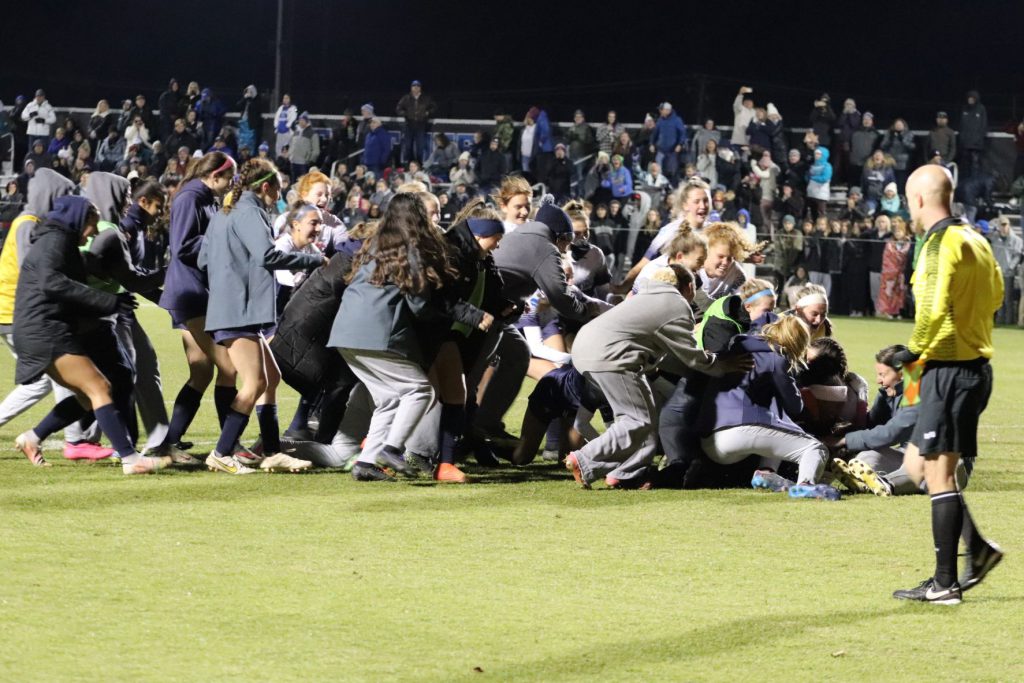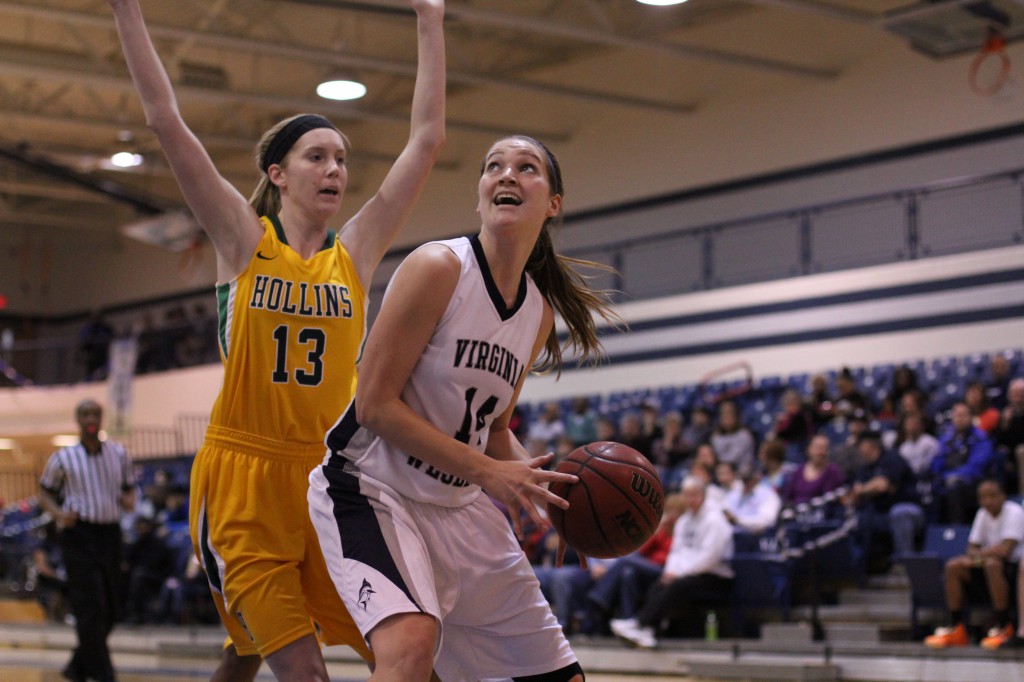In the world of college sports, a game-changing transformation has taken place with the adjustment of Name, Image, and Likeness (NIL) rules. For years, student-athletes faced tight restrictions on their earnings outside of school-sponsored scholarships and benefits, but now, with these rules removed, it has produced changes in their finances, experiences and overall well-being as student-athletes.
The ability to profit from NIL has provided college athletes with financial opportunities that were previously out of reach for many years. Now, athletes can leverage their status to secure endorsement deals and sponsorships, easing their financial burdens and providing stability during their college years.
With NIL regulations in place, student-athletes can negotiate deals with game developers to feature their likeness in the game, sell their own personalized merchandise to further expand their brand or make endorsement deals at a younger age. This allows student-athletes the opportunity to see another side of business.
Although NIL is permitted in all three athletic divisions, its benefits look different for athletes depending on their division. For Division III athletes, the inclusion of NIL deals was expected to help bring attention to athletes and athletics, as well as help athletes and coaches with expenses. Despite these expectations, larger brands are often looking at Division I athletes, who could generate the most revenue for them at more well-known schools and universities.

Hailey Benders|Marlin Chronicle
First-year Erin Beaudry of the Women’s Swimming team is a brand ambassador for Dormify. Beaudry went into detail about just how different it is to earn a deal at the Division III level in comparison to Division I.
“I think the new rules give a great opportunity to athletes at the Division I level to earn money and gain publicity, but for smaller schools, non-revenue sports and Division II and Division III schools it’s definitely not equal,” Beaudry said. “I think this is a great opportunity for athletes, but I think more opportunities need to be made for athletes who do not get the chance at this exposure or opportunities.”
Although the earnings of athletes between divisions is unequal, top Division III athletes are still benefiting from the financial gains of smaller brands or donors, who typically pursue them.
The Men’s Basketball team enrolled in the NIL Club, an athlete-run platform where family, friends and other supporters donate to either a specific player or to the team. Sophomore Brian Jackson, a member of the Men’s Basketball team, appreciates the new opportunities of the NIL rules.
“The NIL Club Coach Macedo put the team on was an absolute game changer this year. By allowing everyone to earn money throughout the season, it not only motivated the players, but also provided us with financial benefits,” Jackson said. “It was a smart move that boosted overall team morale and gave the team an extra edge both on and off the court. It was great to see how earning money during the season positively impacted the team’s performance and individual players this year.”
Senior Alex Moody, a member of the Men’s Soccer team, has also taken advantage of NIL deals through his partnership with the NCAA. Although this partnership has allowed him to represent his personal brand, Moody mentioned the importance of not allowing this success to disrupt an athlete’s collegiate responsibilities.
“It is important to leverage yourself, but still focus on the reason why you came to college: to get an education and continue playing your sport,” Moody said.
NIL rules ensure that every college athlete can receive financial benefits from their hard work and dedication, regardless of the sport they play or the level of recognition they receive, as long as they are committed to building their personal brand.
Aside from the financial opportunities awarded to athletes as a result of NIL rules, the overall collegiate experience is made more enjoyable. By empowering athletes to profit from their own marketability and take control of their futures, NIL rules have revolutionized the landscape of collegiate athletics, bringing about changes that will continue to shape the lives of young athletes for years to come.
By: Kylon Lewis
khlewis@vwu.edu


